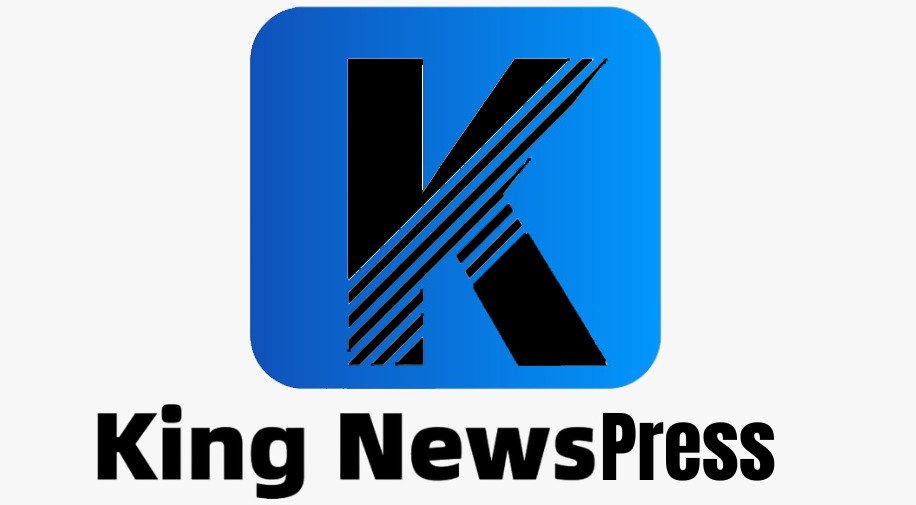RDCD Introduces theRWI Real-World Income Framework
Focus Shifts from Asset Tokenization to On-Chain Settlement Rules

United States, 27th Oct 2025 – The blockchain project RDCD has unveiled a conceptual framework called RWI (Real-World Income) — a term designed to distinguish its model from the widely used RWA (Real-World Asset) approach. While RWA focuses on tokenizing ownership or claims to tangible assets such as real estate, bonds, or artworks, RWI centers on codifying the calculation and distribution rules, reference data, and revision procedures for income flows derived from real-world activities (such as royalties or publishing revenue). In essence, RWI aims to bring transparency to income distribution logic rather than enabling ownership transfer or guaranteed returns.
Why RWI: From “Promises” to “Rules”
Unlike return-oriented systems that emphasize how much will be paid out, the RWI model specifies how, on what basis, and under what exceptions distributions are calculated—both in code and documentation.
- Focus: Procedure (settlement rules) over outcomes (profit rates)
- Scope: No ownership transfer; records and verifies distribution logic
- Communication Principle: Prioritize definition of metrics and data disclosure scope over marketability or promotional claims
RWI vs. RWA: A Clear Comparison
- Underlying Subject
- RWA: Ownership or claims to real-world assets (e.g., real estate, bonds, artworks)
- RWI: Settlement rules and reference systems for real-world income flows
- Core Output
- RWA: Tokens representing ownership rights
- RWI: A rule set consisting of smart contracts and formal specifications
- Value Proposition
- RWA: Expands market accessibility of assets
- RWI: Strengthens transparency and reproducibility of settlement procedures
- Regulatory Positioning
- RWI deliberately avoids language implying income guarantees or rights transfers, framing itself as a record- and rule-oriented structure.
Key Components of RDCD’s RWI Framework
- Fixed Settlement Specification
- Locks in formulas (numerator/denominator), aggregation cycles, error-handling methods, and distinction between provisional and final data.
- Keeps all correction logs and version histories permanently recorded both on-chain and in documentation.
- Oracle as a “Settlement Signal,” Not a Price Feed
- The oracle transmits settlement states—received, confirmed, pending, revised—instead of price data.
- Defines thresholds for anomaly detection, delay tolerance, and fallback behaviors (e.g., maintain pending status, trigger re-verification).
- Upgradeable Contracts with Accountability
- Even with upgradeable patterns like UUPS, all modifications require multi-signature approval, time locks, change justifications, and diff disclosures.
- Every decision to alter or maintain logic must be recorded and explained.
- Lock/Unlock Policy as a Function of Seasonality and Events
- Establishes standardized checklists reflecting cyclical revenue patterns (e.g., book releases, promotional windows, annual settlements).
- Each checklist includes amount, wallet, rationale, pre-announcement, and post-verification links.
- Metric Specification Priority
- Publishes definitions, collection intervals, exception handling, and revision policies before raw numbers.
- Dashboards must be interpreted alongside these specifications rather than viewed in isolation.
Communication Guidelines: Disclosure-First, No Implicit Promises
All RWI-related communications—including articles, announcements, and FAQs—must follow a quasi-disclosure format:
- Minimum Document Fields: version, date, responsible author, commit hash, related transaction links
- Uniform Text Principle: Minimize discrepancies in wording across channels
- Prohibition of Implicit Claims: Mentions of listings, partnerships, or returns should appear only after official confirmation
Declared Risk Disclosures
RWI assumes that data delays, mismatches, and revisions are structurally possible and prepares mechanisms accordingly.
- Delay Handling: Pending state maintained if oracle signals are delayed
- Revision Process: Publish correction reasons, impacts, and recalculated data both on-chain and in public docs
- Appeal Procedure: Clearly defined timelines, formats, and verification steps
- No Guarantees: No promises or implications of profits, performance, or listings
FAQ Summary
Q1. Is RWI just another term for RWA?
No. RWI is not about tokenizing ownership—it’s a rules-based framework focused on bringing settlement logic on-chain.
Q2. Does RWI directly distribute royalties or copyright income?
No. It fixes the distribution logic and reference criteria, but it does not guarantee income outcomes or transfer rights.
Q3. Why is the framework upgradeable?
To accommodate data revisions and accounting updates from external sources. However, all changes are fully documented with transparent audit trails.
Q4. Can the dashboard data be trusted?
Only when read alongside its definition files and revision history. Numbers are contextual—provisional versus confirmed data are explicitly labeled.
Disclosure
This article explains RDCD’s introduction of the “RWI (Real-World Income)” concept and its structural definition. The term RWI is not an industry standard, but a conceptual framework proposed by RDCD to describe a rule-based model for on-chain settlement transparency. The content herein does not include any investment solicitation, profit guarantee, or rights transfer commitment.
In One Sentence
RDCD’s “RWI” reframes real-world income streams like royalties and licensing fees as codified settlement rules—prioritizing transparent procedures over profit promises.
Company Details
Organization: RDCD
Contact Person: Spencer Cole
Website: http://rdcdcoin.com/
Email: Send Email
Country: United States
Release Id: 27102536048
